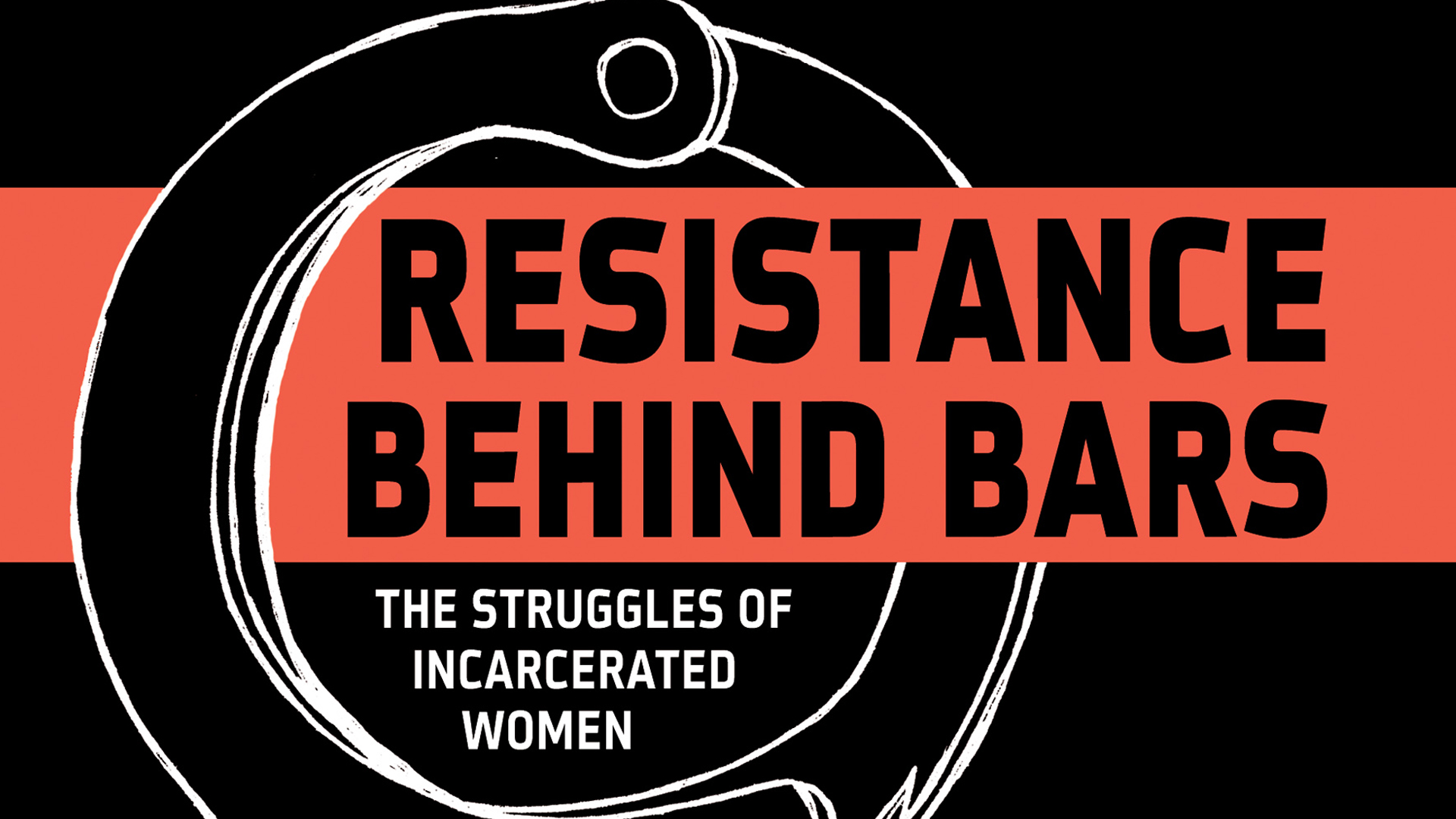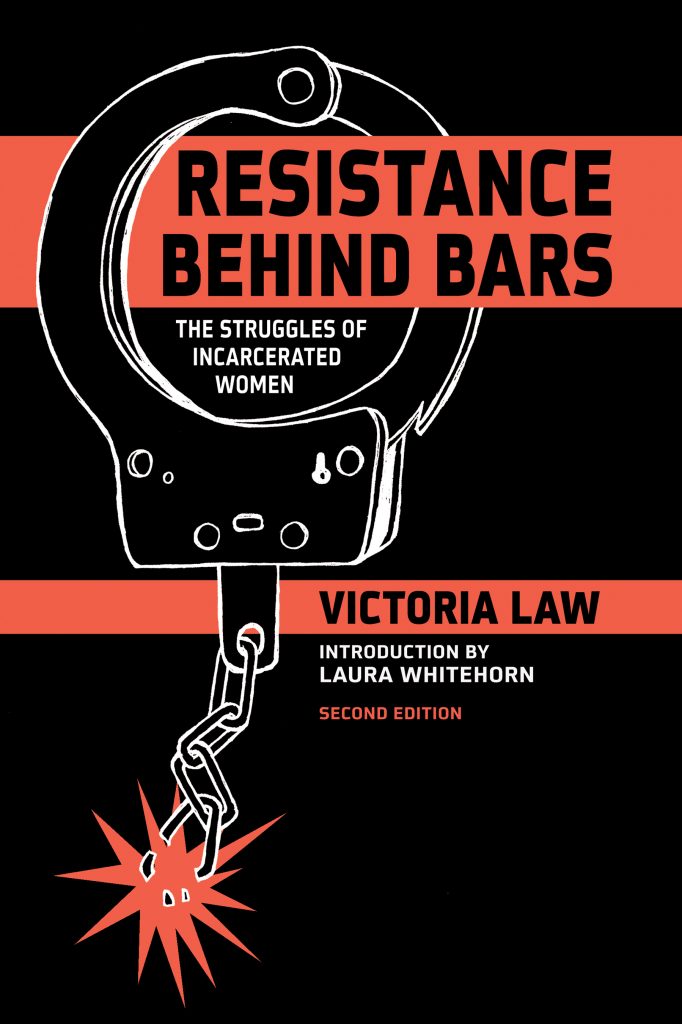By Scott Harris
Vue Weekly
October 1, 2009
The struggles of prisoners against unjust incarceration or inhumane treatment has a long history in the United States, from the national “Free Huey” movement which sought to have Black Panther Party founder Huey P. Newton released from prison in the late ’60s to the 1971 Attica Prison uprising in New York to contemporary prison solidarity movements seeking the freedom of political prisoners like Mumia Abu Jamal and Leonard Peltier.
But despite this long history, the specific
struggles and realities of female prisoners has largely gone
unrecognized, a fact that is all the more important given that while
women make up less than 10 percent of the 2.3 million prisoners now in
US jails, female rates of incarceration are increasing faster than
their male counterparts, more than doubling in absolute numbers through
the 1990s.
This oversight is one which Victoria Law, who will
be visiting Edmonton as the keynote speaker at this weekend’s Edmonton
Anarchist Bookfair, aimed to remedy in her recently released book, Resistance Behind Bars: The Struggles of Incarcerated Women
(PM Press, 250 pp, $20). Part of the reason the prison activism of
women has been ignored, Law explains, is because the specific issues
faced by women in prison lead to different priorities and forms of
struggle.
“When you consider that prisons were set up
originally to incarcerate men, and this hasn’t really changed in the
past few centuries there are a lot of things that aren’t specifically
for women that are needed, like gynecological services or resources to
deal with women who come in who are pregnant or who have a history of
things like breast cancer or cervical cancer,” Law explains over the
phone from New York. “In addition, because of the way society is
gendered when a mother goes to prison oftentimes there is not a male
relative or somebody willing to step up and take care of her children,
whereas when a father goes to prison oftentimes a female relative, like
the biological mother of his children or his girlfriend or his wife or
this mother or his sister will take care of his children. The majority
of women who go to prison are mothers and the majority of those
mothers have been single heads of households before going to prison,
and again this is in large part because of the way society has gendered
parenting.”
The result of these gender-specific issues, she says,
is a different form of prison-based struggle, one that is rarely
recognized to the same extent as more straightforward prison issues.
“A lot of the resistance isn’t looked at as quote-unquote resistance by
people who are looking for things like organizing and activism. So if
incarcerated women are organizing around access to their children this
doesn’t fall under the traditional idea of what we think of when we
think of prison issues,” she says. “So women at the maximum security
prison of New York, Bedford Hills, formed a foster-care committee
specifically to educate the incarcerated mothers there as to what their
rights were when their children entered foster care. But because when
we think of prison issues we think of male prison issues, we’re not
necessarily looking at things like parenting and access to children
particularly as a prison issue. It’s not a big glamourous thing, it’s
not a work strike, it’s not a riot, nobody gets hurt and it’s not
something you can look at and see.”







